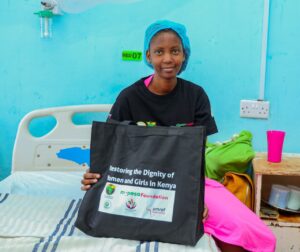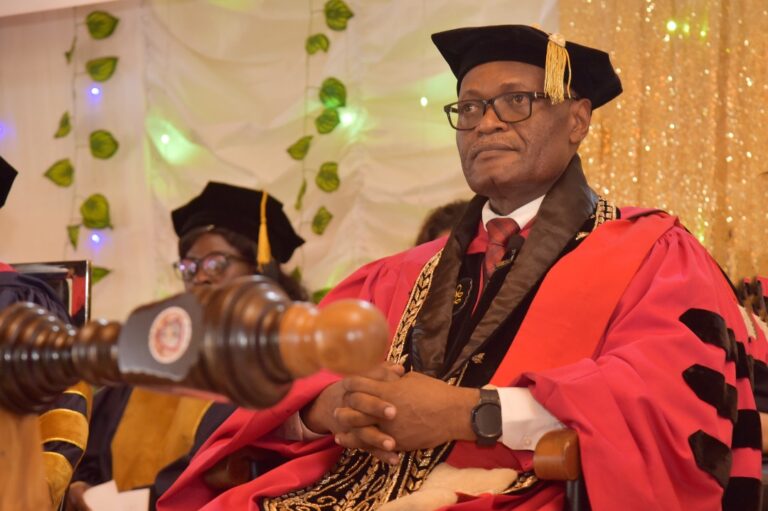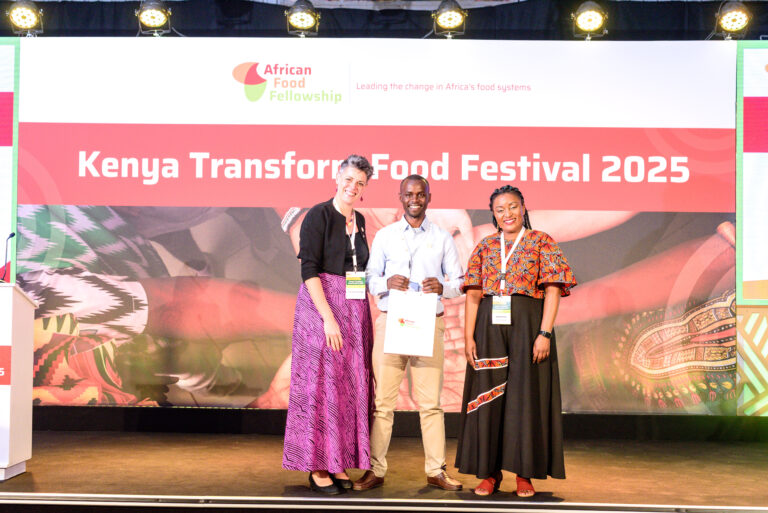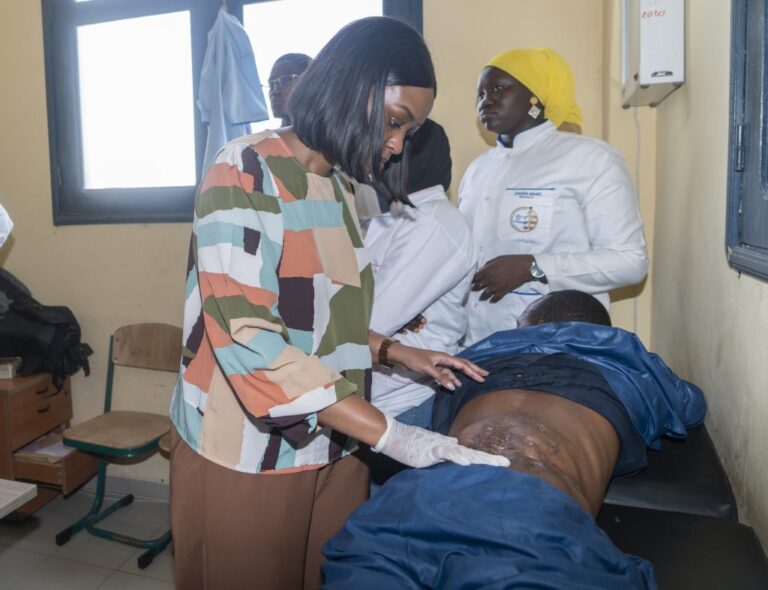According to the World Health Organization (WHO), more than two million women live with fistula worldwide.
Similarly, the United Nations Population Fund (UNFPA), in 2020 highlighted the plight of these women in many rural African communities, undergoing prolonged obstructed labor experience compounded by early marriages and adolescent pregnancies.
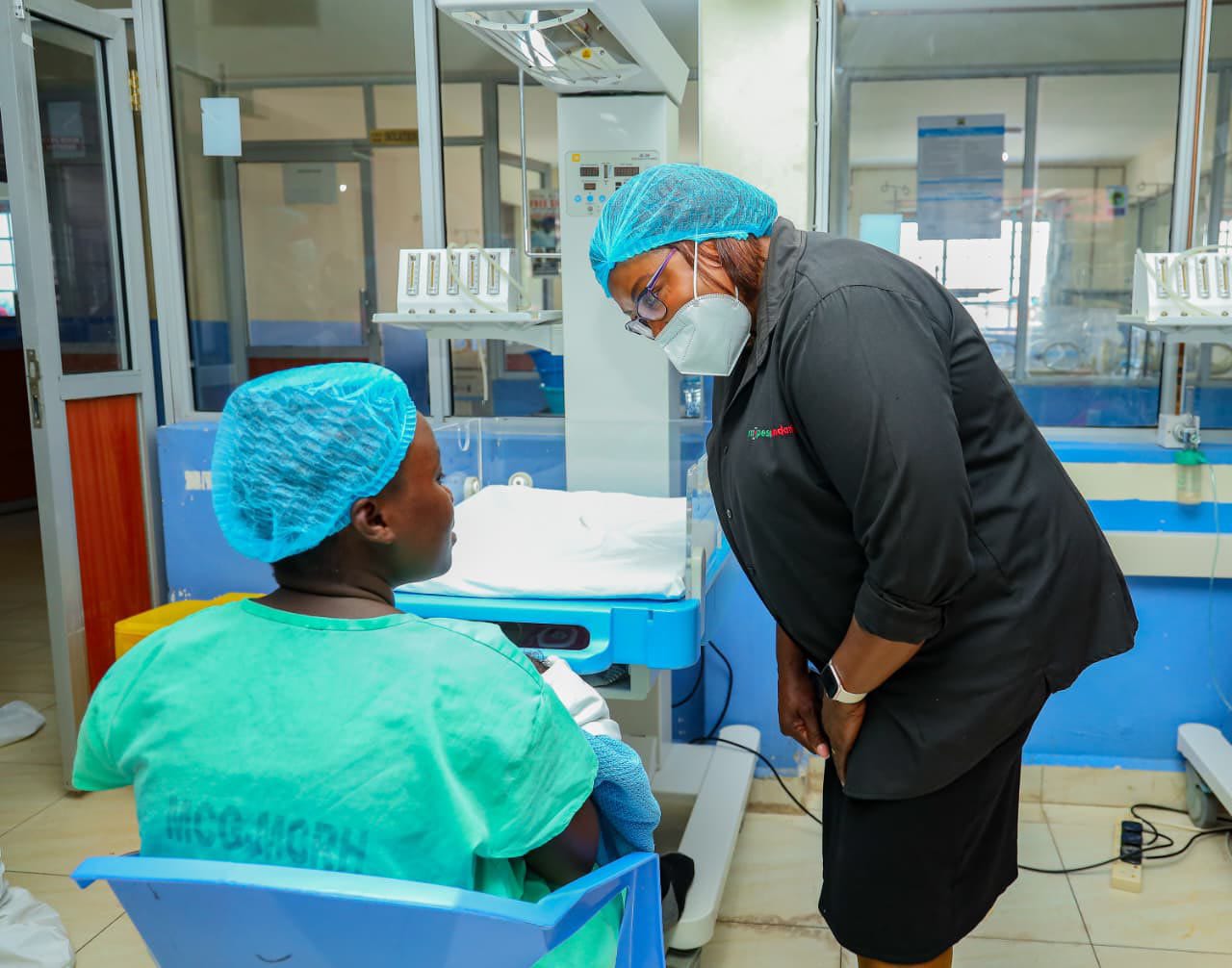
These experiences have been linked to be the main causes of obstetric fistula, which is prevalent in parts of East Africa.
Moreover, cultural practices, such as Female Genital Mutilation (FGM) in Migori’s Kuria community, further contribute to injuries leading to fistula, while poverty and low education levels exacerbate vulnerability.
Obstetric fistula continues to be a significant yet concealed health crisis in Kenya, particularly with high prevalence rate in the Nyanza, Western and Coastal regions, driven by systemic barriers, socio-economic and healthcare challenges.
Obstetric Fistula Statistics in Kenya
Between 2014 and 2020, the Kenya Fistula Treatment Network identifies Bungoma, West Pokot, and Kisii as major hotspots, accounting for over a third of patients seeking surgical repair.
Bungoma County only is contributing 13% of total cases, leading to a 2025 backlog elimination initiative.
Similarly in 2024, Kisii region reported 420 women treated, while in the coastal area, Bomu Hospital collaboration with the Fistula Foundation, has offered free surgeries since 2015.
The collaboration expanding from Mombasa, Kilifi, and Kwale to Taita-Taveta, Tana River, and Lamu, treating over 700 women by 2019.
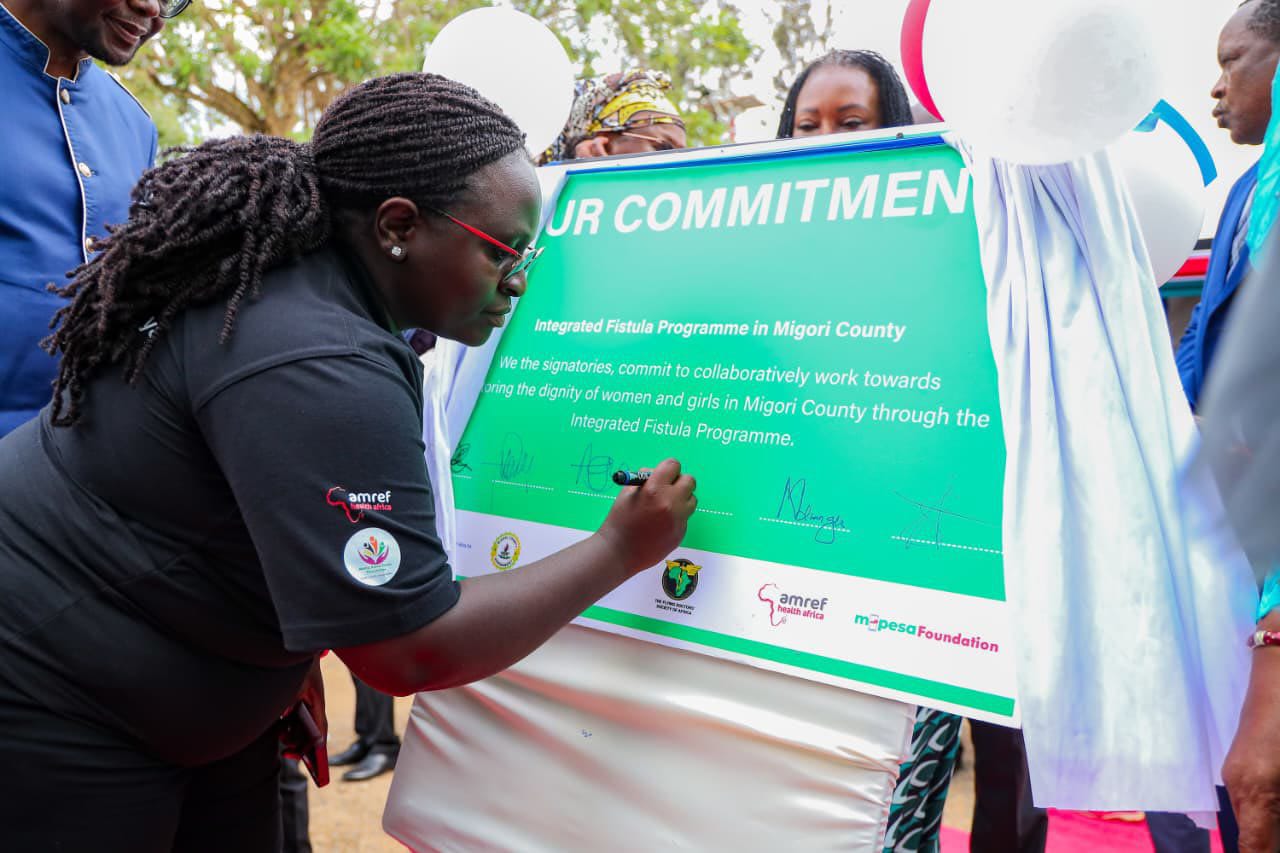
Despite these efforts, the national burden remains formidable, approximately 120,000 women are currently living with fistula; with 3,000 new cases reported annually, and untreated backlog of up to 20,000 women, and only 7.5 percent of them can access medical care.
This means that more than 2,700 women with fistula are unable to get the necessary medical attention every year, according to the 2022 Kenya Demographic and Health Survey (KDHS).
Furthermore, 1 percent of women aged between 15 and 49 years report fistula-like symptoms, a higher rate than the regional average, likely reflecting the country’s stronger surveillance and reporting systems.
Gaps in Obstetric Fistula fight
While national awareness stands at roughly 44 percent, driven by advocacy campaigns from organizations in Kenya such as AMREF Health Africa, treatment gaps persist, leaving thousands of women awaiting surgical repair.
A critical shortage of trained fistula surgeons nationwide continues to impede progress, leaving many women untreated.
Although specific prevalence data for the county is not available, health experts indicate that the risk remains high due to limited emergency obstetric care in rural facilities.
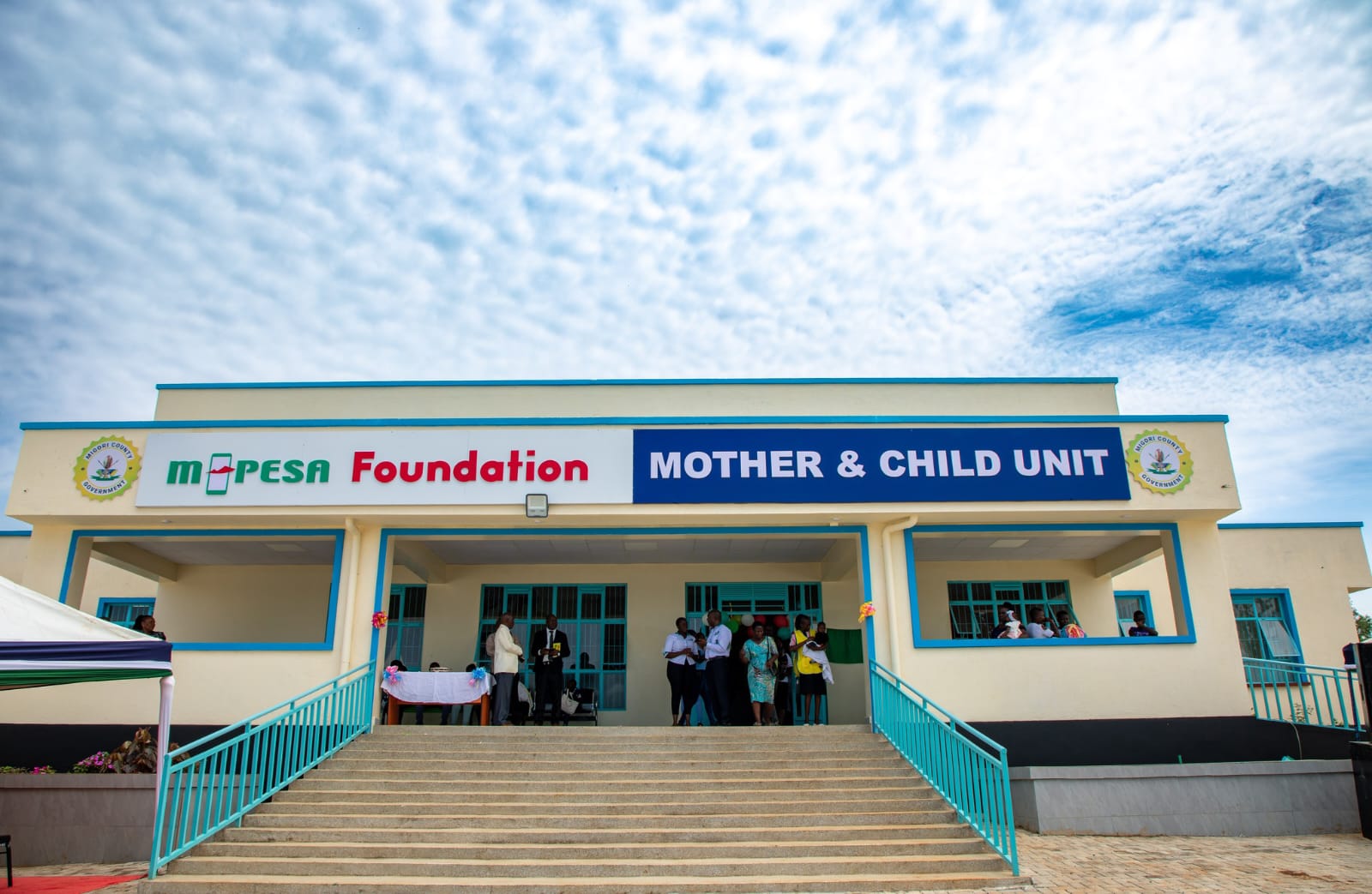
In response, most counties in Kenya have launched an integrated fistula initiative aimed at restoring dignity and access to care for affected women.
The silent battle of patients
During one of the recent fistula medical camps at Migori Teaching and Referral Hospital, we met Mary (not her real name), a 49-year-old mother from Kehancha, Kuria region.
Mary is one of the patients who arrived at the Migori County Referral Hospital for the ongoing Fistula Medical Camp, carrying with her years of silent suffering.
A mother of 12, she recalls that ten of her deliveries occurred at home, attended only by traditional birth attendants (midwives).
“Out of my 12 children, only two of them were delivered in the hospital,” she says quietly. “It was after my last delivery that I laboured something was wrong. I started leaking urine and could not control it. I felt ashamed and kept it to myself for years.”
Her condition preventable, yet devastating childbirth injury that leaves women incontinent and socially isolated.
Causes of Obstetric fistula
According to the Ministry of Health (MoH), most fistula cases in Kenya arise from prolonged or obstructed labor, particularly where access to emergency obstetric care is limited.
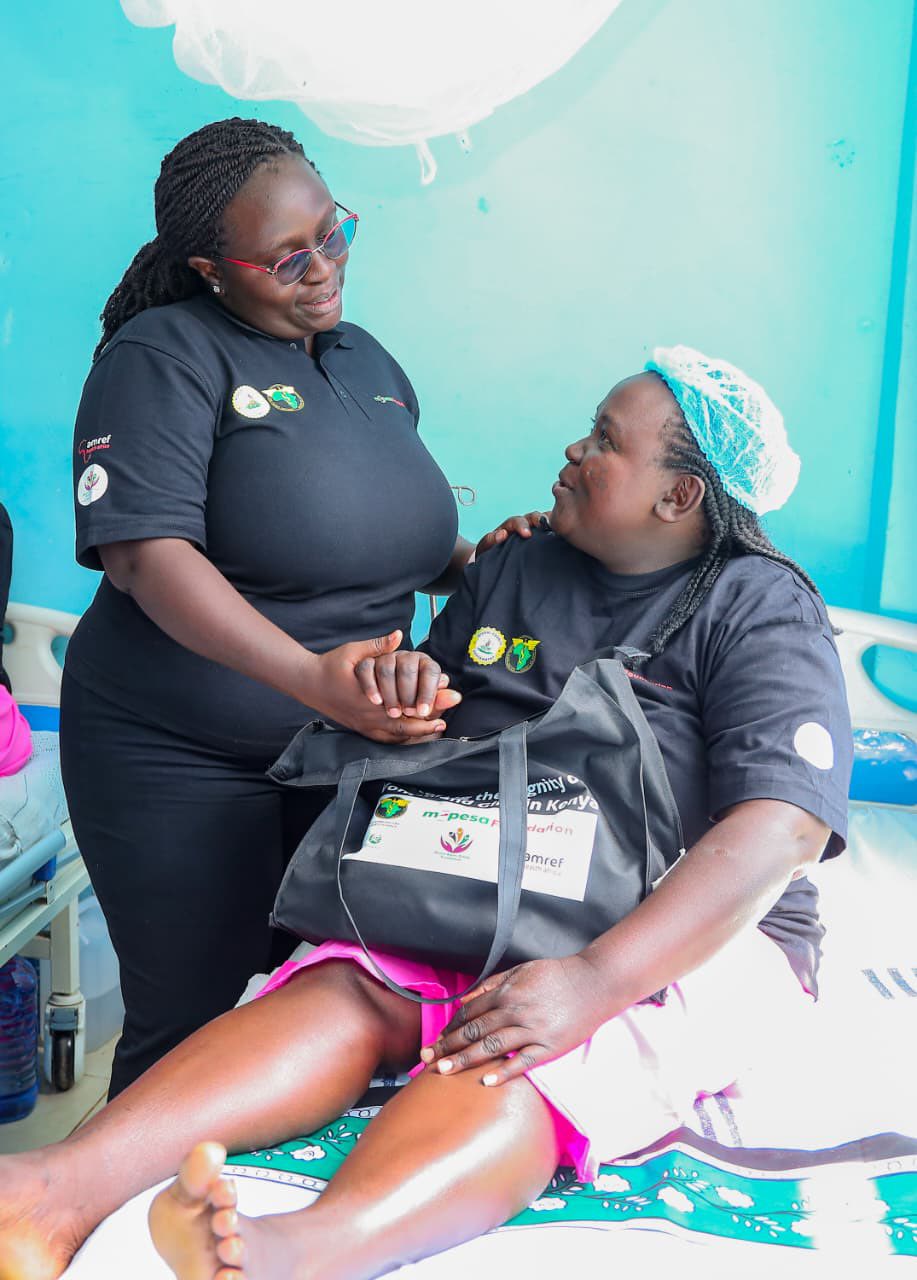
For Mary, the condition gradually eroded her confidence.
“I stopped going to church and market days. Even sitting near others was difficult because I feared the smell,” she recalls. “At home, my husband did not understand what was happening.”
Another patient who came to the clinic was Achieng (not her real name), a 24-year-old from Mbita in Homa Bay County.
She shares a similar story, though her case began much earlier in life.
The Stigmatization
“This is my journey with the fistula pain. It started in 2021 after I gave birth to my first child,” she said. “The doctors who assisted with my delivery did not stitch my tears. The journey has been very challenging. Most people don’t understand. Even when you try to explain, they think you’re making excuses.”
Although she is unmarried and raising her child alone, Achieng recalls the painful ridicule she faced from her ex-partner after childbirth.
“After we broke up, he told me to take care of myself. I think he left because of my condition,” she says. “It hurt so much, but I decided I had to seek help.”
Treating Obstetric Fistula
Her search for treatment led her to private facilities that demanded up to 60,000 Kenyan shillings for surgery, money she did not have.
At one point, referred to Mama Lucy Hospital in Nairobi, but she could not afford the charges, and she was informed she needed a special doctor. She went back home.
“At Mama Lucy, they told me it would take a long time and that I needed a special doctor. I almost gave up,” she adds. “Then I heard about the free camp in Migori that gave me hope.”
The Fistula Medical Camp, organized by the MPESA Foundation in partnership with the Flying Doctors Society of Kenya, and the county government is to sensitize women about the condition.
The two-week-long exercise seeks to add at least 200 more women to a previous 700 women, treated in the initial neighbouring communities, Bungoma, Nyeri, Tharaka Nithi, Kajiado, Kilifi, Garissa, Makueni, Homa Bay, Kiambu and Nairobi counties.
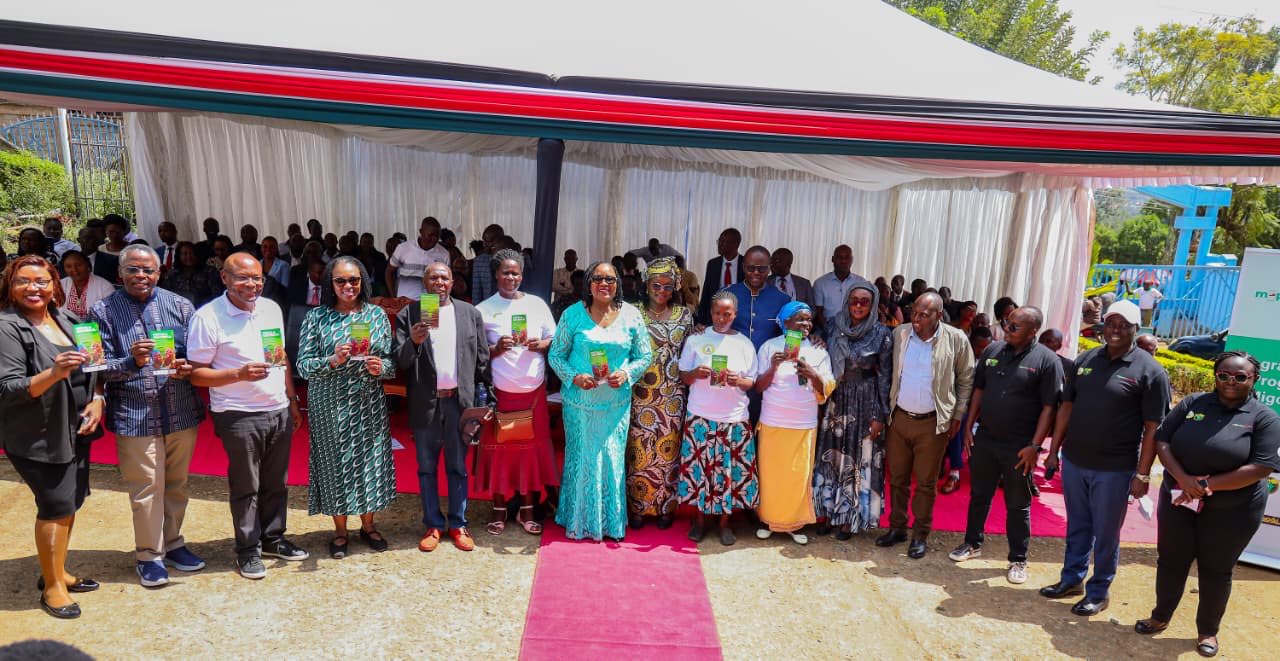
Speaking during the launch of the program, Nicholas Ngángá, chairman MPESA foundation made a call to sensitize not only women in Migori County but from other regions across the country.
“Let us encourage as many women as possible from ours’ and the neighboring counties, to seek treatment and related integration support, to enable them live a life free of pain and out of isolation”, said Ng’ang’a.
The camp, is in celebration of M-PESA Foundation’s 15 years of impact, adding to the growing number of women and girls that have benefitted from corrective fistula treatment, surgery and comprehensive medical care.
Moreover, the initiative is part of wider efforts under the health pillar, where the Foundation seeks to improve Access to quality Reproductive, Maternal, New-natal Adolescent and Child Health (RMNCAH) boosting referral, access and improving health infrastructure.
Faith Wangwe Muteru, the Programme Coordinator for the Flying Doctors Society of Africa, noted that the outreach aimed to restore dignity and raise awareness about prevention.
“Our target was a hundred women, and so far we’ve managed to repair 39,” she confirmed.
She adds that the organization also provides psychological support, with hospital counselors assisting women in recovering emotionally, before returning to their communities.
Muteru noted that obstetric fistula extends beyond physical harm, deeply affecting women’s mental and social well-being.
“The stigma is very serious. Many women have been abandoned by their husbands and relatives. We encourage communities to integrate them back because they are no less of a person,” she said.
While the camp providing short-term relief, Muteru emphasizes the necessity of enhancing Kenya’s long-term capacity to manage fistula cases.
“We currently have only 15 trained fistula surgeons in the country. We’re working to train more, as well as equip nurses and healthcare workers to prevent new cases during childbirth,” she said.
In Migori County, where approximately 38% of births still take place at home (KDHS, 2022), access to skilled delivery services continues to be a challenge.
Interventions in restoring dignity to obstetric fistula patients
Experts assert that addressing fistula requires improvements in maternal care, community awareness, and early referrals for complicated births.
For women like Mary and Achieng, however, the medical camp represented more than just medical intervention; it was a chance at a new life.
“I feel like I’ve been given a second chance,” said Mary, her face brightening after surgery. “To other women out there, please don’t scountrylent. If you have a problem, there is help,” added Achieng with a hopeful smile.
Migori County Governor Dr. Ochillo Ayacko described the program as a cornerstone of the county’s health sector reforms.
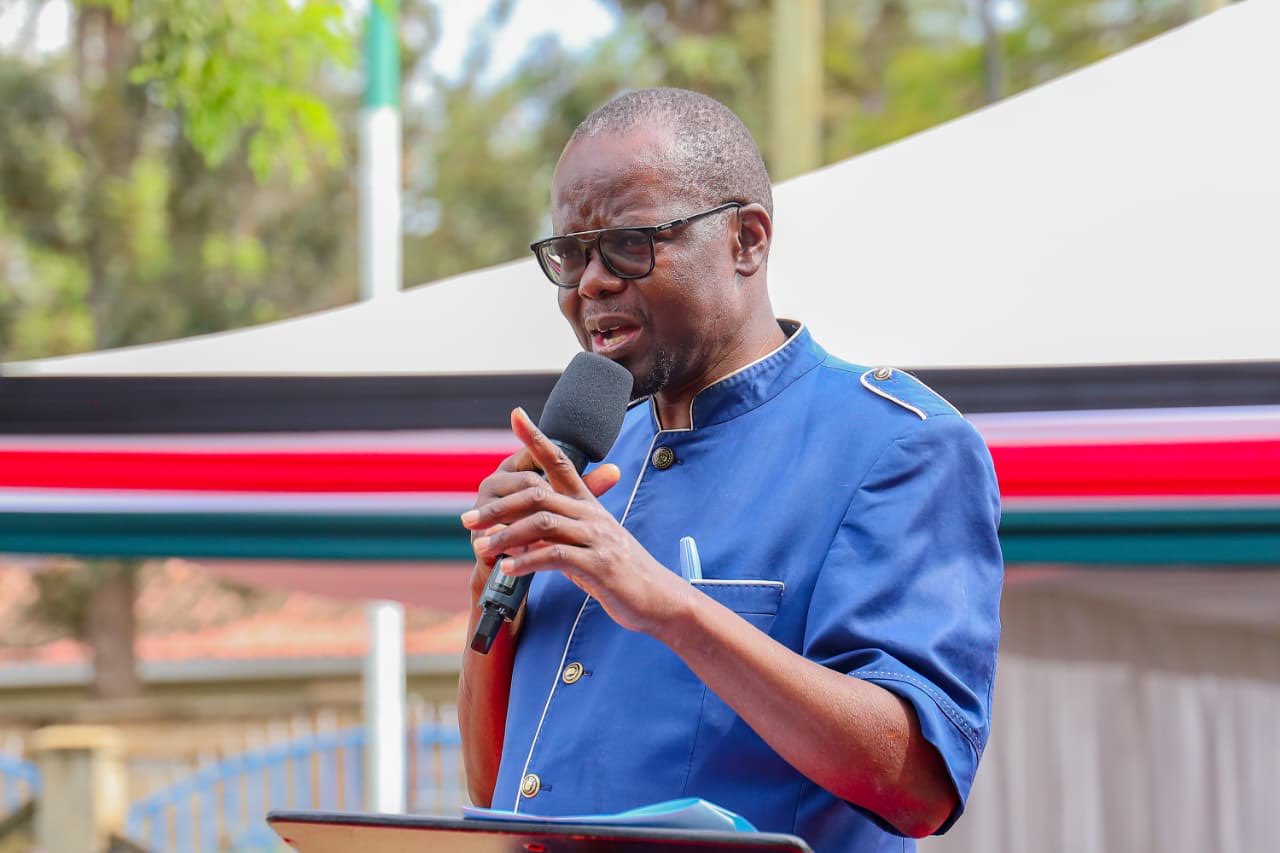
He noted that the initiative will not only restore dignity to women living with obstetric fistula, but will also strengthen maternal healthcare systems across the county.
“The program is a landmark step in our journey to improve maternal and child health, and ensure that no woman in Migori suffers from a preventable condition,” Governor Ayacko stated.
Ayacko highlighted several health sector achievements in the county, noting that the Rongo Sub-County Hospital Theatre, one of the facilities in the county, has been operationalized to decentralize emergency obstetric services, and reduce delays in life-saving interventions.
“We are bringing healthcare closer to our people. By operationalizing theatres and upgrading hospitals, we are ensuring that every expectant mother, wherever she is in Migori, can access safe delivery services,” Ayacko said.
He also cited key health developments, including the completion of the Awendo Maternal and Child Health Complex.
A facility in the county, which offers integrated antenatal, postnatal, and pediatric services.
Furthermore, he emphasised on the county’s investment in human capital, noting the training of over 3,388 Community Health Promoters (CHPs).
The CHPs are tasked to strengthen household-level health surveillance, and promote preventive healthcare.
“We have promoted and recruited new health workers and ensured consistent stocking of essential drugs and commodities. Our people deserve nothing less than quality and reliable healthcare,” Ayacko reiterated.
